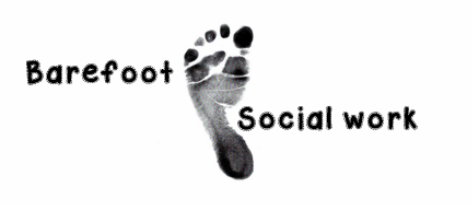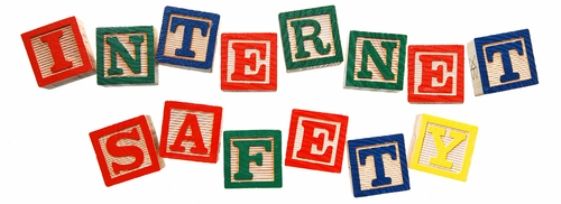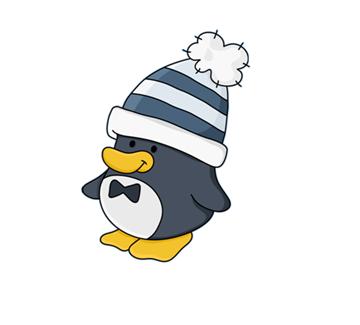|
A friend asked me about e-safety today. She was concerned after finding her child on an inappropriate website and panicked. Her initial reaction was to revoke all on-line privileges as she did not feel confident in her ability to manage the situation. This is a natural reaction. We often want to remove our children from all situations which might cause them harm but in this day and age, it isn't particularly realistic. Children need to learn how to use computers and the internet. It will play a huge part in their lives growing up and should be supported if they are to enjoy and achieve, make a positive contribution and achieve economic well-being. So, here are my top tips for protecting young children (Foundation and Key Stage 1) whilst on-line. I will write a separate post for older children at a later date.
It's never too early to start talking to your child above staying safe on-line. There are a number of great resources available for parents and professionals to download. One of my current favourites is Smartie the Penguin by ChildNet International. You can download the story from the tools section of this website along with prompts for exploring the themes raised. It is a great way of introducing the boundaries we highlighted earlier in a child centred way.
The story follows Smartie the Penguin as he learns what to do when pop ups appear, when he finds himself on an inappropriate webpage and when he receives a message from a stranger. There are also a number of books that you can share with children to explain the importance of internet safety. Chicken Clicking is described as Little Red Riding Hood for the iPad generation; this is the perfect book for teaching children how to stay safe online. Penguinpig teaches children about stranger danger online. When a little girl reads about a penguinpig on the Internet, she decides that she must go and find one. Not telling her parents, she sets off to the zoo and carefully follows the instructions from the website. Penguinpig has received acclaim from children's authors Andrew Cope and Ian Whybrow, and has been recommended for families and schools by Claude Littner (BBC1's The Apprentice). The Internet is Like a Puddle by Big Hug Books attends to the wonderful aspects of electronic communication as well as gently discusses some of the possible pitfalls of sharing, chatting and using data. The Big Hug books grew out of letters sent to children and their families after their psychology sessions. Each book has its origins in a real need for a real child with a real problem and offers real strategies from a real psychologist. The heart-felt illustrations and simple words aim to simplify tricky situations and soothe strong emotions. The books aim to give children, and the people who care for them, a way to talk about problems. Digiduck's Big Decision is an illustrated children's book that tells the story of Digiduck and his friends, to help children understand how to be good friends to others on the internet. Designed for children age 3-7 years (Foundation stage and KS1) this book is very accessible for this audience. I hope that you find this helpful. It can be a little intimidating when our children venture into the virtual world but with support and boundaries they will have have access to a resource with huge educational and social value.
0 Comments
Your comment will be posted after it is approved.
Leave a Reply. |
AuthorI'm a Qualified Children's Social Worker with a passion for safeguarding and family support in the UK. Archives
August 2016
Categories
All
|



